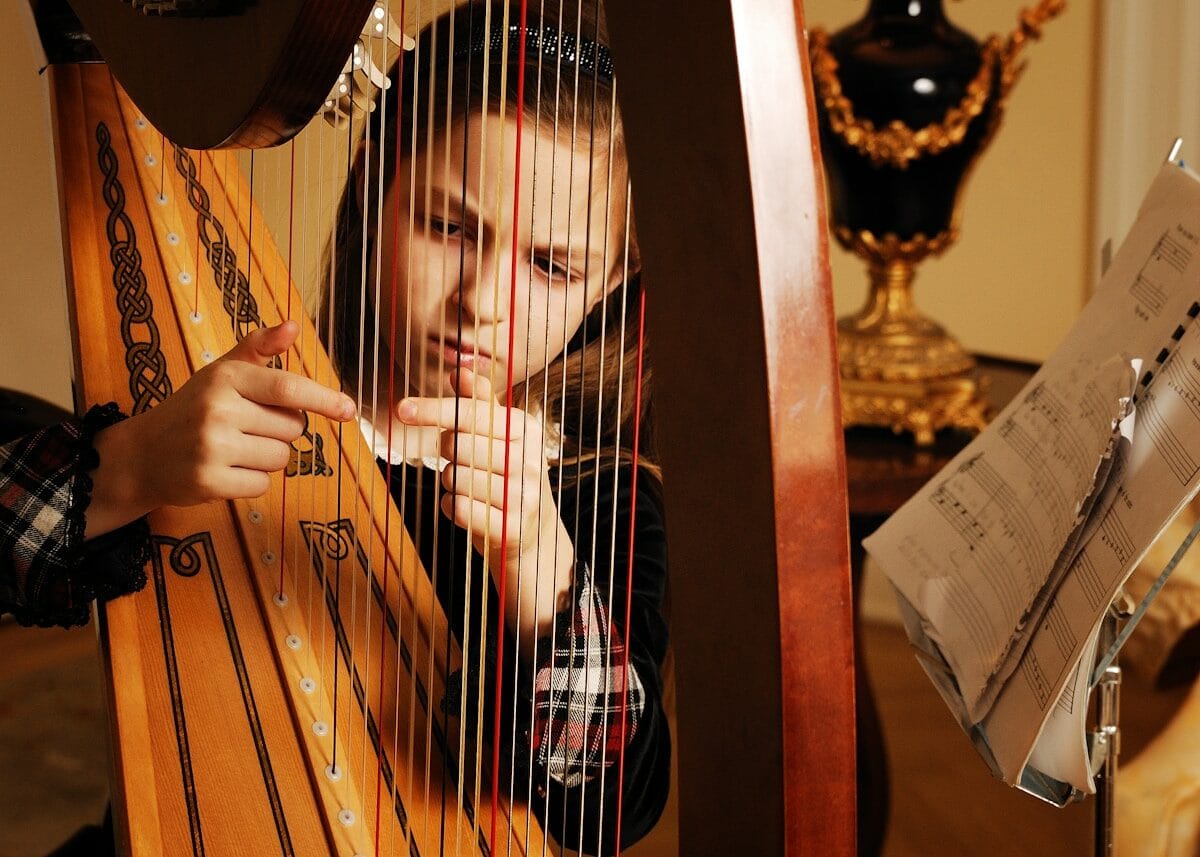Music Schools Adapt To Technology and Cultural Diversity
Montreal's music education evolution blends technology with tradition, offering personalised learning and fostering community spirit for future growth.

Music education in Canada is undergoing a quiet revolution, shaped as much by cultural identity and digital progress as by the enduring love of performance. With more parents and adult learners seeking flexible, quality tuition in 2025, schools are racing to blend tradition with technology—rethinking everything from lesson delivery to the classroom culture. What does this mean for learners, for teachers, and for the future of music itself?
Montreal, with its rich blend of linguistic and artistic traditions, has become a testing ground for the new face of music education. Here, innovative schools are prioritising the individual, considering not only what is taught, but how, when and even in what language. These shifts mirror national and global trends, reflecting broader changes in how the Canadian music industry seeks to grow in a digitally regulated future, amid ongoing debates on accessibility and the protection of creative rights. Yet perhaps the most powerful change is found at the personal level, where supportive community and bespoke instruction are opening up musical possibilities like never before.
Cultural and Technological Progress Shape Montreal’s Music Education
Personalised learning and a focus on community are now hallmarks of the most sought-after music academies. Harmony Academy of Music & Arts, recently recognised with the ThreeBestRated® 2025 Award of Distinction, stands as an example of how Montreal music schools are evolving. As founder Arash Teymourian put it, ‘Being recognised by ThreeBestRatedⓇ as one of the best in the business is an honour and a testament to the hard work and dedication we put into our academy. It reinforces our commitment to providing high-quality music education and motivates us to continue striving for excellence.’
The emphasis on tailored learning—lessons shaped according to each student’s goals, preferences and even language—is increasingly typical. In a city celebrated for its bilingualism and diversity, offering lessons in English and French, and adapting to students’ pace and style, has become essential for any music school aiming to stay relevant. Harmony Academy’s approach, which encourages students to experiment, compose and even improvise, is designed to nurture not only technical skill, but individuality.
Technology in the Spotlight: More Effective, More Accessible Learning
The use of digital platforms isn’t a gimmick—it’s becoming central to contemporary music education, with lessons increasingly reliant on music notation software, recording applications and interactive learning apps. According to industry research on the online music education market, North America will see market size soar to USD 3.43 billion in 2025, growing at over 14% CAGR through 2030.
Canadian schools are part of this expansion, responding rapidly to the surge in demand for accessible digital learning. Harmony Academy, for example, has integrated recording tools and online lessons to match shifting student needs—a move echoed by many top-tier Montreal institutions.
The payoff for learners can be significant. Recent studies, such as one published by the Journal of Educational Technology Development and Exchange, found that students using digital resources saw learning become 35% more effective compared to conventional methods.
Technologies also break down barriers of time and location, making it easier for students from all backgrounds to access expert instruction. Yet, this transition is not without challenge, many teachers remain hesitant to fully embrace new methods, citing a lack of training and concerns about preserving the depth and authenticity of classical education.
Competition, Recognition and Community Spirit
Prestigious local awards and competitions are pushing schools and students alike to excel. In addition to Harmony Academy’s recent accolade, Montreal music schools regularly feature in major events offering substantial prizes and public recognition. The CMIM Voice 2025 competition will award over $160,000 CAD to emerging artists, while the Golden Violin Award at McGill University offers scholarships and performance opportunities—strengthening both individual careers and the city’s cultural fabric.
At the academy level, providing public performance platforms is now considered just as important as private tuition. This approach helps young musicians gain confidence and fosters stronger ties within the school community. ‘We encourage students to explore different styles of music, compose their own pieces, and experiment with improvisation. By creating a supportive environment where students feel free to express themselves, we help them develop their own unique musical voice,’ says Teymourian.
Broader Trends and Challenges
The rise of online and hybrid instruction has brought with it pressures to ensure equity and quality. While digital tools boost reach and effectiveness, keeping tuition affordable and inclusive remains no small feat. Canadian music education, especially in cultural centres like Montreal, is increasingly shaped by debates over funding, access and regulatory change. According to Canadian industry leaders, questions over digital regulation, intellectual property and arts funding will continue to define the sector’s future, as will efforts to support local artists and venues adapting to economic headwinds.
Despite these pressures, the drive for excellence and inclusion persists. As Harmony Academy’s founder noted, recognition from respected awards like ThreeBestRated® provides crucial community credibility—helping families make informed choices in a crowded and sometimes confusing marketplace.
Creating Music Today for Tomorrow
This is a period of real possibility for music education in Montreal and beyond. Technology, cultural responsiveness and award-driven ambition are helping schools reshape expectations—both for what students experience, and for what music can mean in busy, multilingual urban lives. The challenge now is to keep both heart and rigour at the centre of every lesson, equal partners in a truly modern music education.
Do you want to share your story and inspire our readers ? Know that YOUR EXPERTISE is paving the way for a fairer, happier society.





